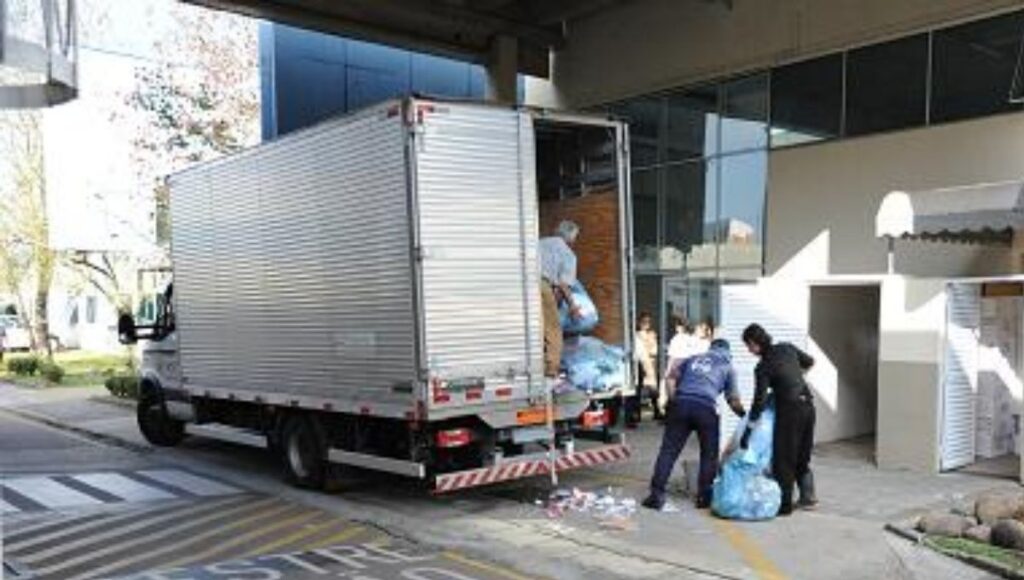Copel’s socio-environmental program that ensures the destination of recyclable administrative waste to associations and cooperatives of recyclable materials, as determined by environmental legislation on the subject of waste management. Aligned with public policies of social inclusion, environmental management, and strengthening of the solidarity economy, the program generates positive impacts to society by contributing to income generation and improving the working conditions of waste pickers.
The registration of recycling associations and cooperatives is done through a permanent public call for proposals that establishes the general rules for participation in the program. For information about the procedures in effect, see the DMC Public Call 001/2013. [The document contains hyperlink]
The program also promotes internal awareness-raising actions so that everyone understands the social component, since its environmental purpose is already widespread and consensual. Thus, once all the benefits of the Joint Selective Collection have been addressed and the importance of income generation for socially vulnerable families that the practice promotes is understood, the employees become more sensitive to contribute to the separation of waste, correctly disposing of it in the respective collectors, identified by the company in accordance with Conama Resolution 275 of April 25, 2001.






